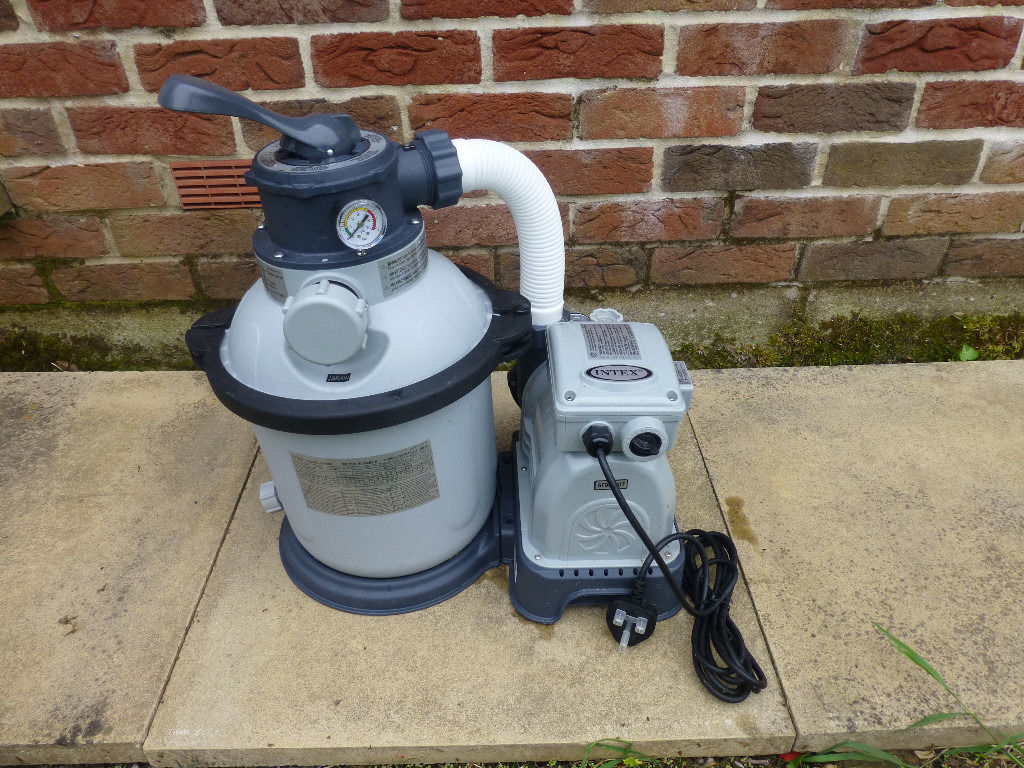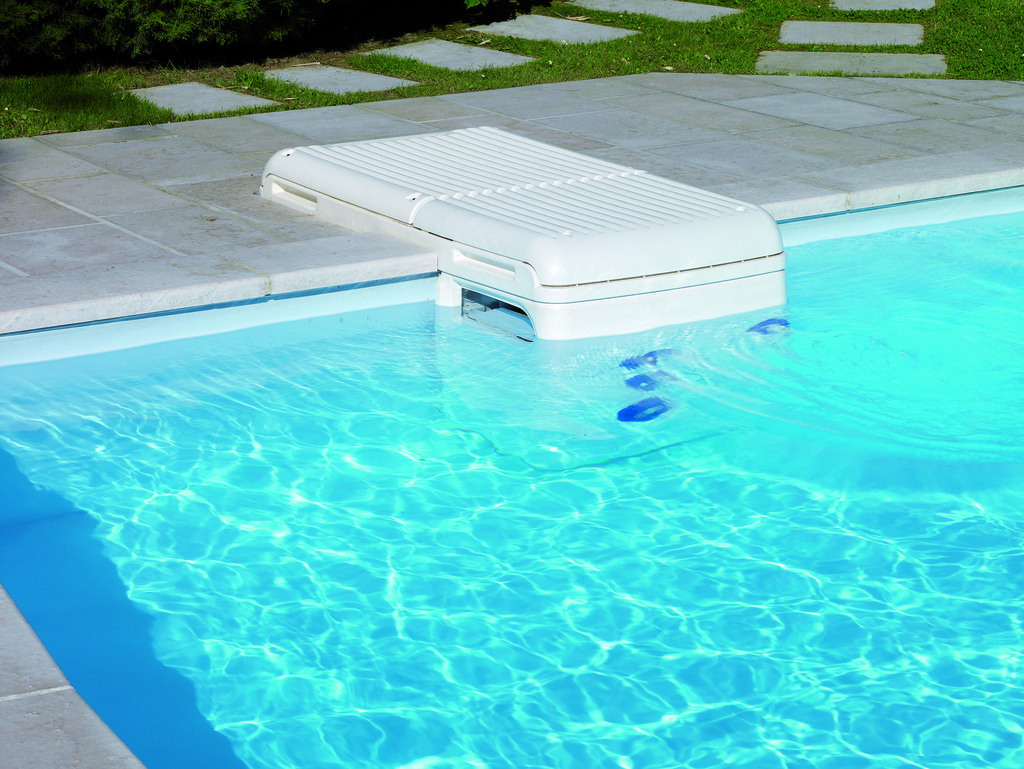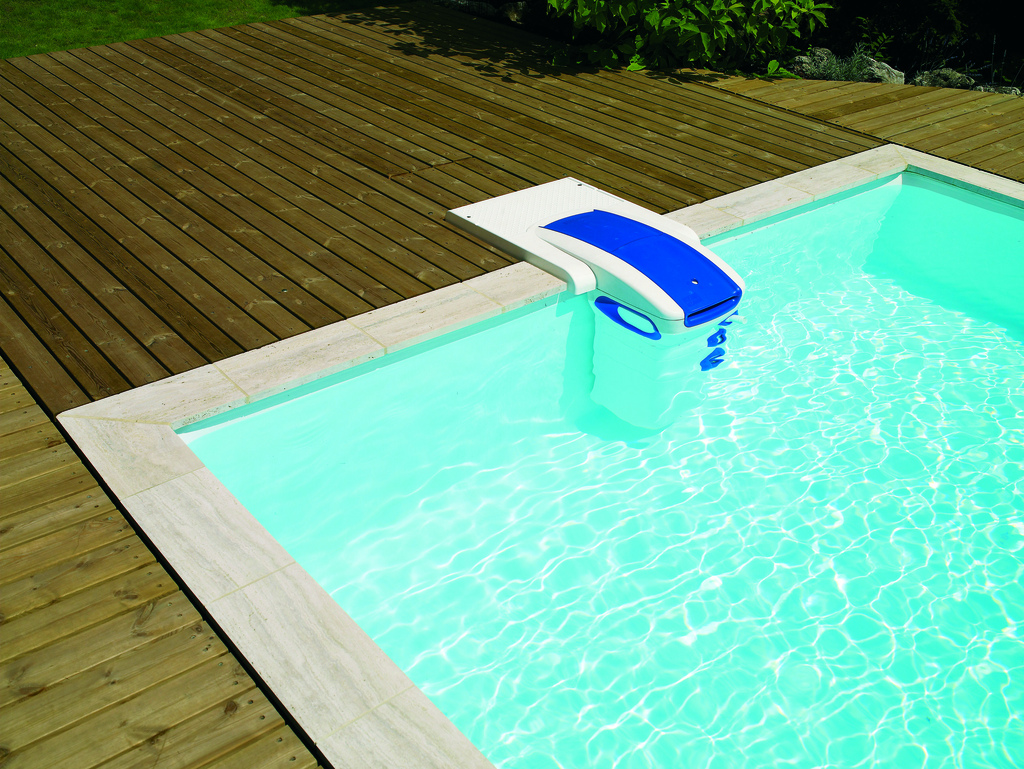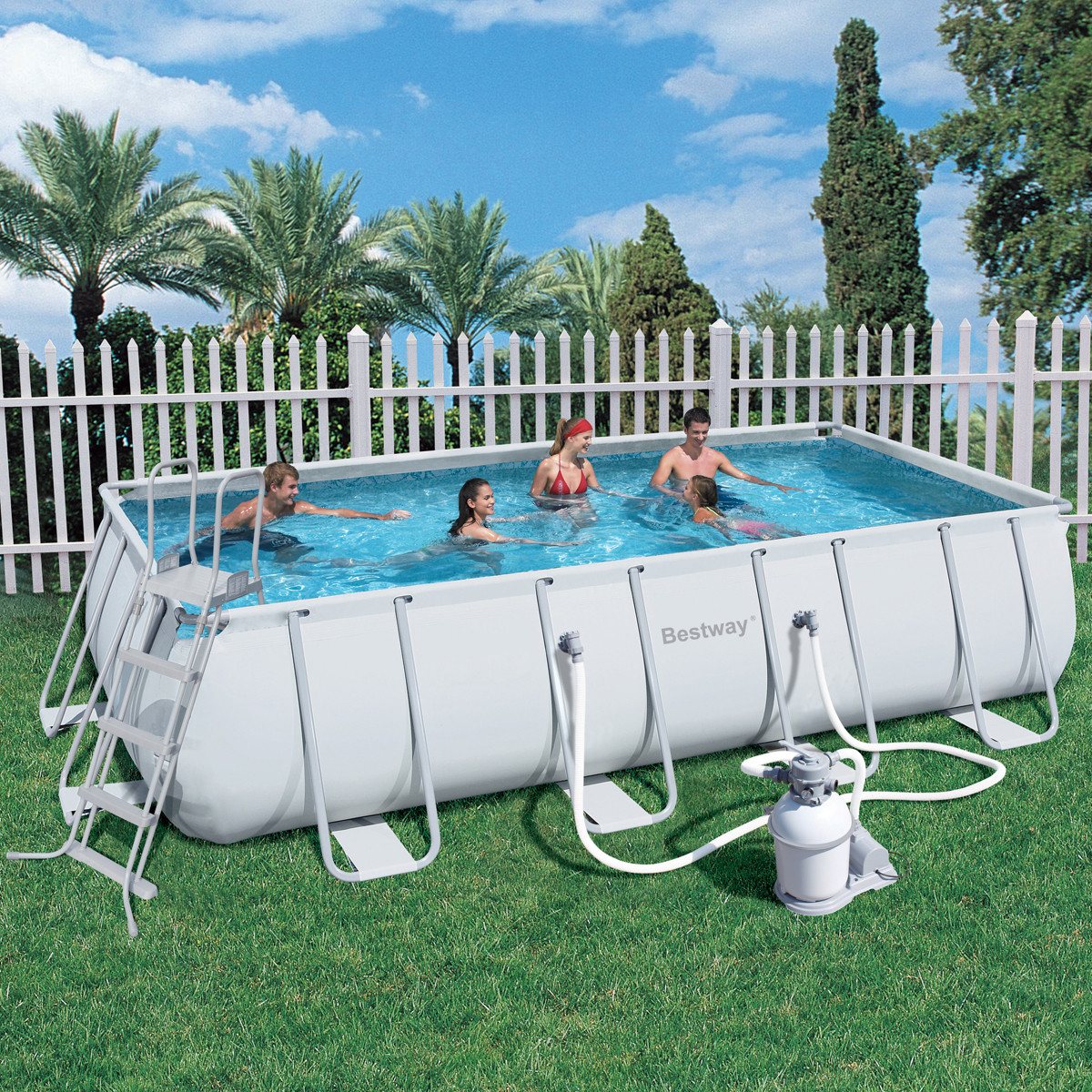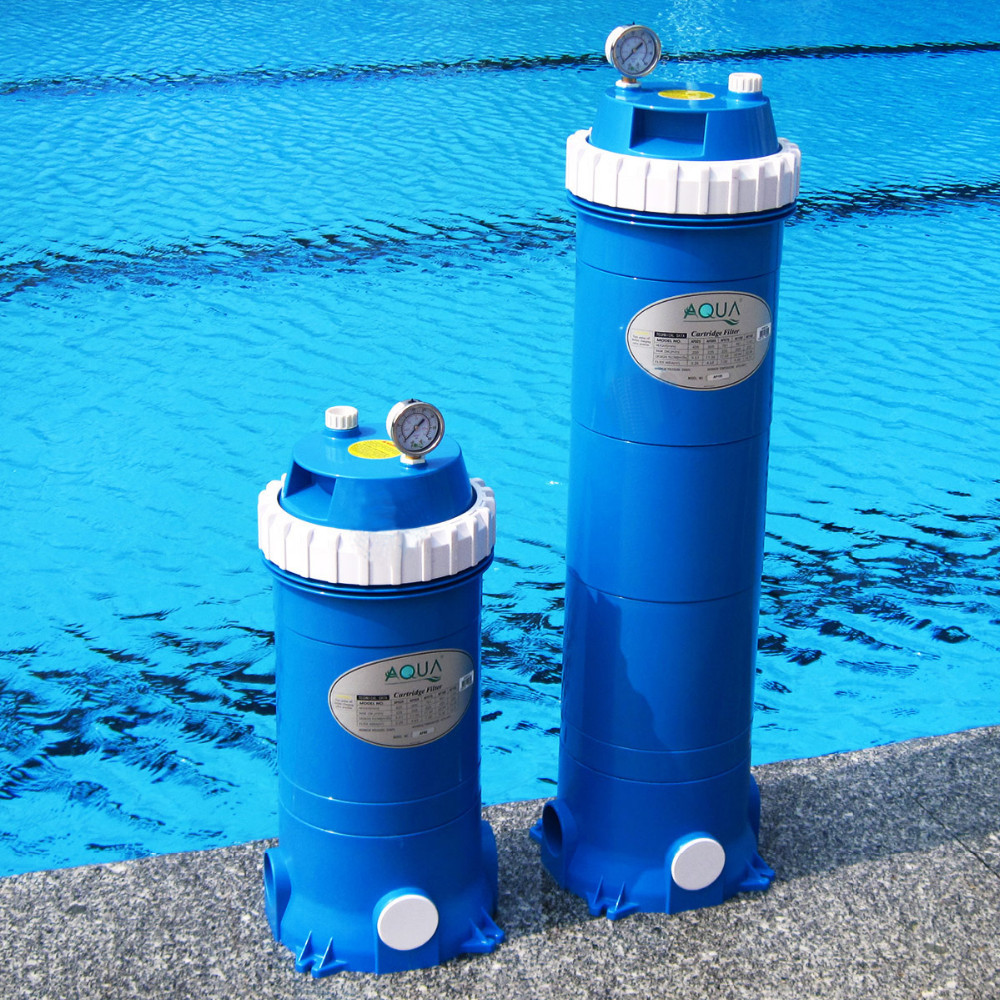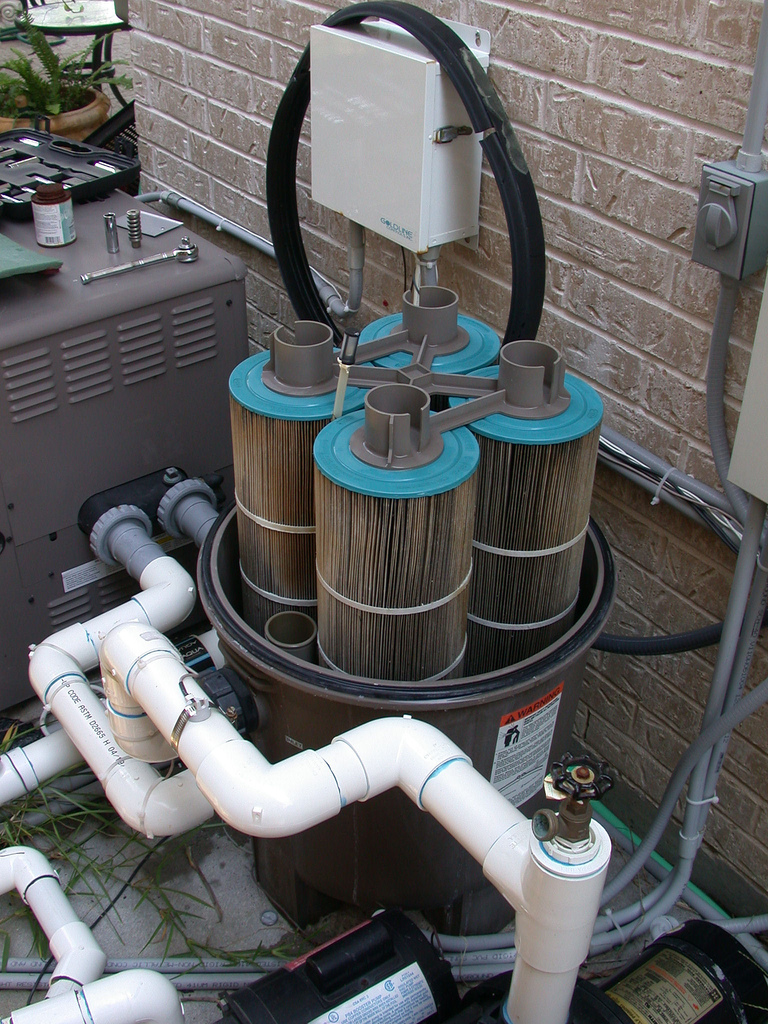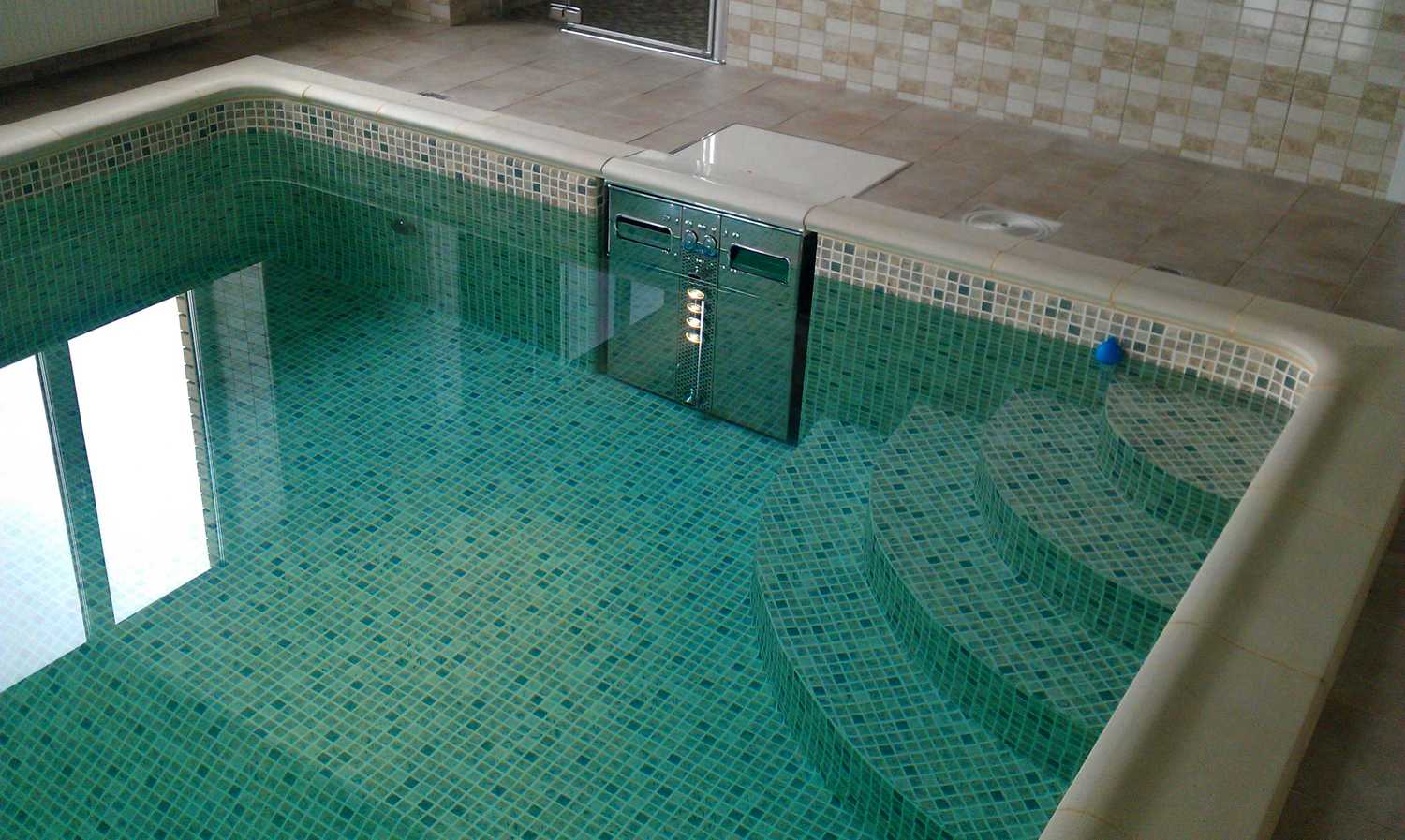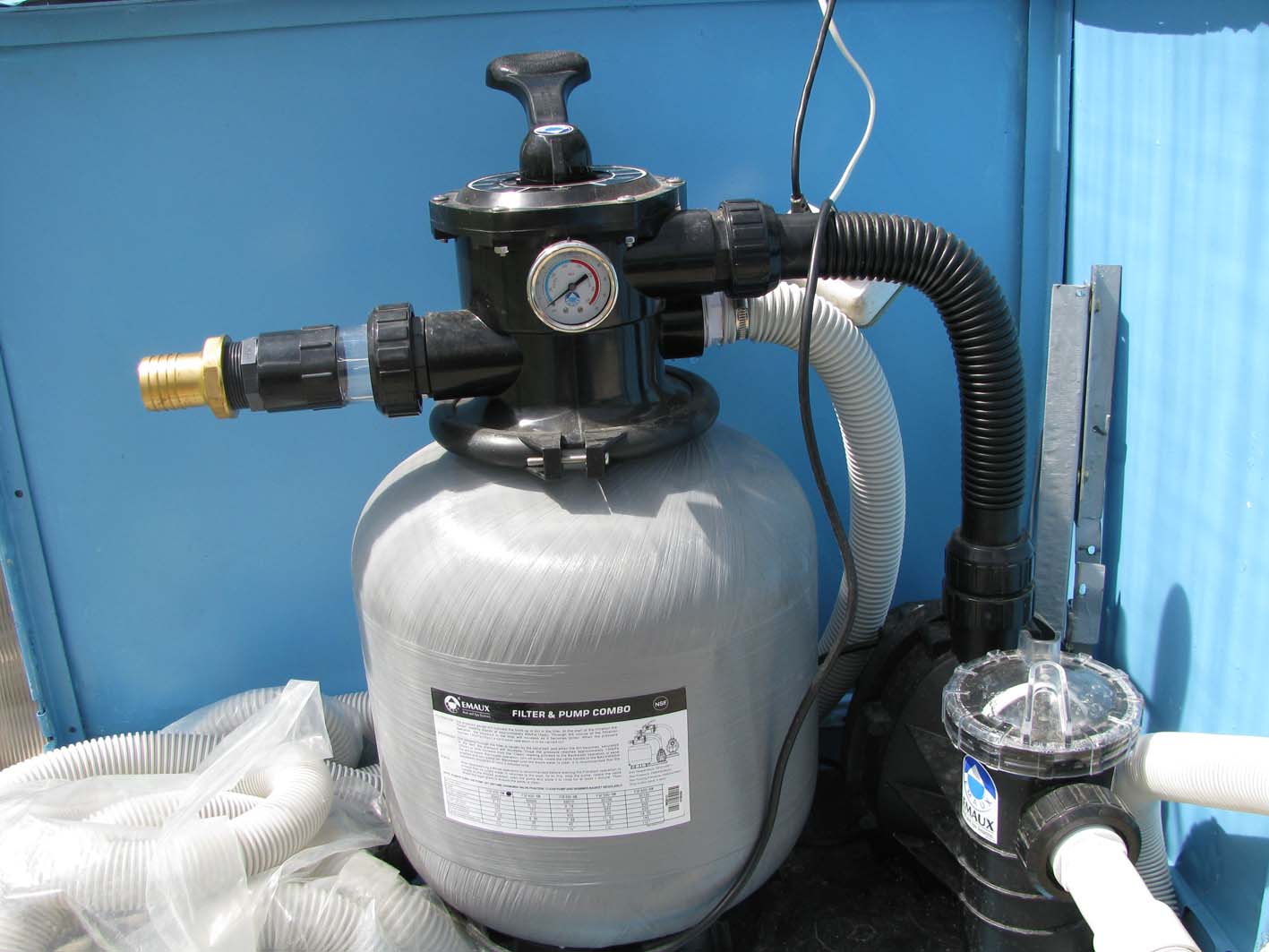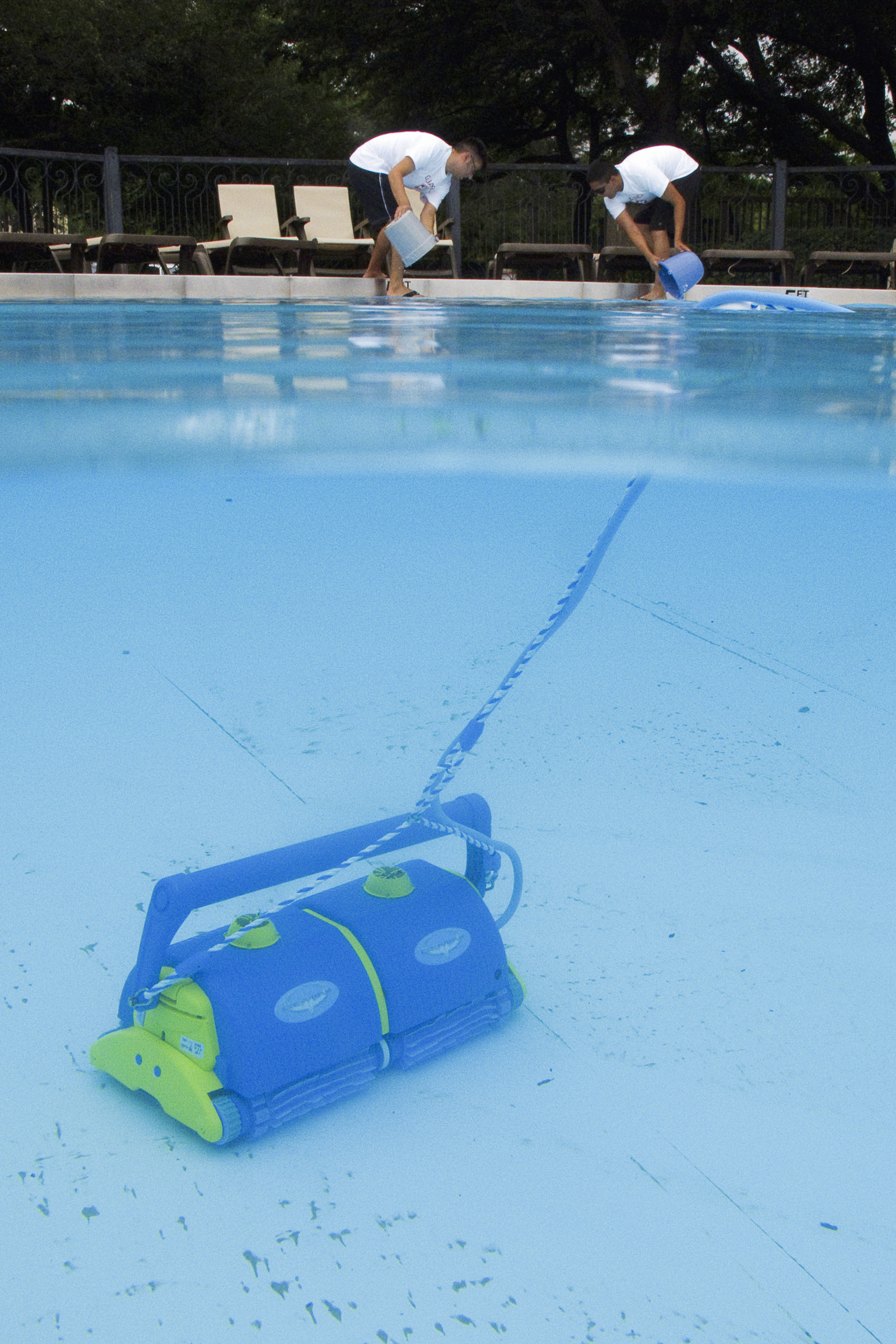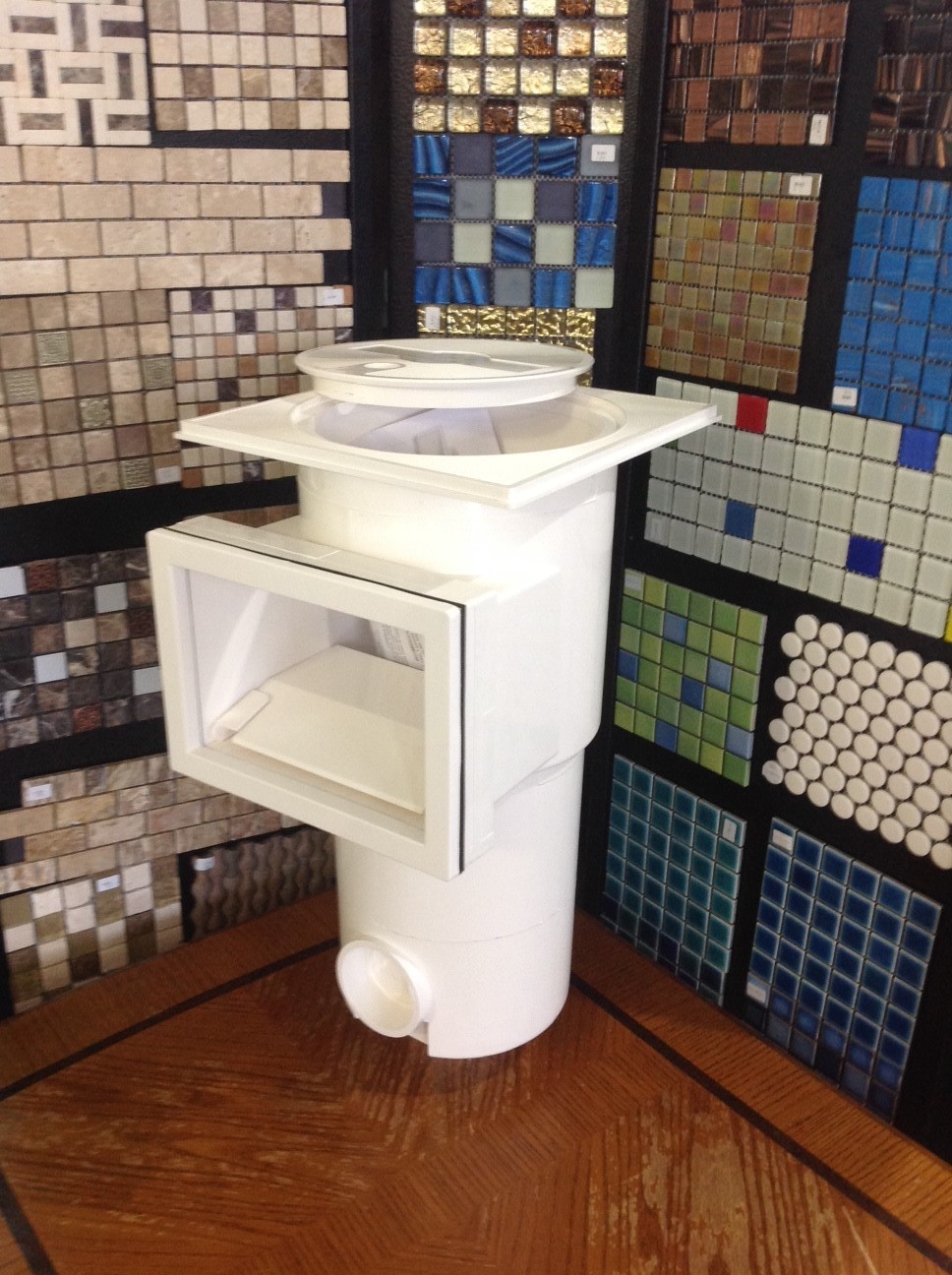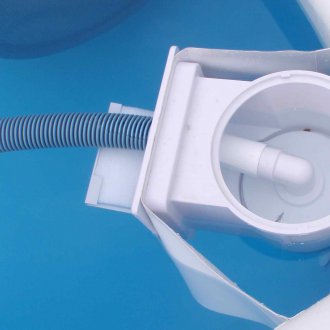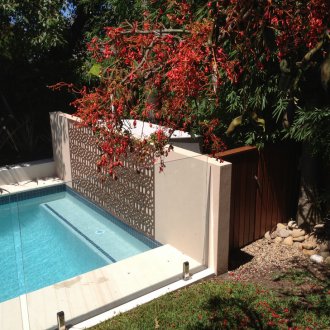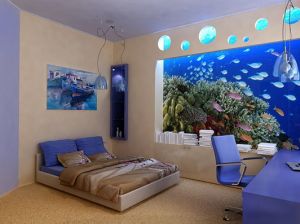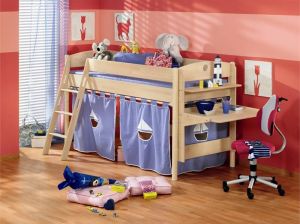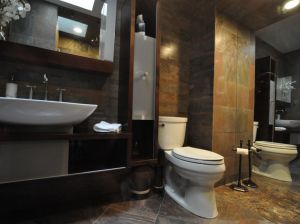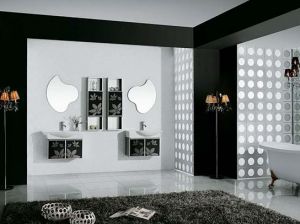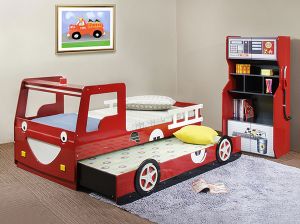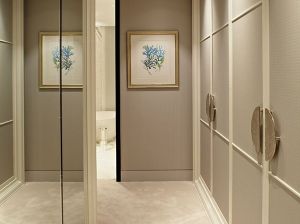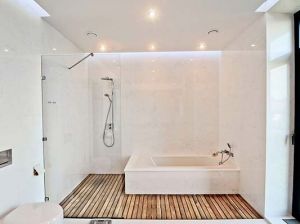Pool Filters: Benefits and Opportunities
Content
The pool on the out-of-town site or in your own house today is not a “curiosity”; a home-made artificial pond is a favorite place for swimming, recreation and active sports. However, in order for the pool to bring joy, it is necessary to organize the right care for it. In accordance with sanitary standards, water filtration in the pool should be carried out daily, regardless of whether it was used by the reservoir or not. Untimely water treatment can cause the development of infectious and skin diseases. To care for home ponds of frame, stationary and inflatable type, special equipment is used - filters for pools.
Types of filtering devices
The principle of operation of treatment plants is quite simple. Contaminated water from an artificial reservoir is supplied to the intakes through a pump, passed through a filter unit and sent back to the pool.
The classification of water filters is based on the cleaning method and the type of filter material. According to the method of action, filtering devices are divided into the following types:
- electrophysical;
- chemical;
- mechanical;
- combined.
In electrophysical filters, water is purified through ozone, silver and copper ions, and ultraviolet radiation. Ozonation, ultraviolet radiation and ionization are an effective method of filtration, characterized by a high degree of purification, but the cost of electrophysical filters is quite high. In the designs of chemical apparatuses, various reagents — chlorine, bromine, and iodine — act as a filtering component. Chemicals can have a negative effect on the skin, and in some cases can cause allergies. Combined filter systems are a complex combination of several types of filters at once.
In the domestic market, water filters in a mechanical-type pool are most widely used. The advantages of mechanical filters are the simplicity of design and affordable price, moreover, the dimensions of the apparatus are quite small. The principle of operation of mechanical devices is based on the passage of water through a layer of filter material. As a result of mechanical cleaning, large and small debris, microorganisms that cause blooming of water, bacteria are screened out. The filter of mechanical action can clean artificial reservoirs with an area of up to 10 m3.
Depending on the filter component, three main types of mechanical devices are distinguished:
- sand filter for the pool;
- cartridge filter;
- diatom.
According to the installation method, the following types of filtering devices are distinguished:
- hinged filter for the pool;
- ground.
The hinged filter is used for cleaning frame and inflatable pools with a volume of up to 10 m3. The device is mounted directly on the frame of the water tank. Ground filters are mounted near an artificial reservoir, devices are equipped with a control panel and a transfer pump.
Sand filter for the pool
The sand filter of rough cleaning for the pool is considered the most affordable means of mechanical filtration of water. The device of the sand filter for the pool does not differ in structural complexity.The unit is a closed plastic container with two holes for supplying and discharging water. Inside the body contains filler in the form of quartz or glass sand. In inexpensive simple models of sand filters, the thickness of the filter layer is from 0.5 to 0.8 mm, in more complex structures at least 3 layers of filler of different fractions are used.
In addition to financial attractiveness and simplified design, the sand filter for the pool has other positive qualities, such as high filtration rate and ease of maintenance. The key disadvantages of mechanical quartz filters are their considerable weight and impressive dimensions.
Sandy filter media require regular washing. How often to wash the filter depends on the intensity of use of the reservoir, on average, the filtration unit is cleaned once a week. Flushing the unit is carried out by means of a backward directed pump. To eliminate lime deposits, special compounds are introduced into the filter for several hours, after which a standard washing procedure is performed.
Filler replacement in quartz sand apparatus is carried out every three years; with the use of glass sand, the life of the cleaner is extended to 5 years.
Cartridge filter
An effective filter for a large inflatable pool is a cartridge device. The filter element in this cleaning system are membranes that are made of thin plates of propylene. Cartridge filters in quality of cleaning exceed sand analogues twice. The filter purifies water from mineral and mechanical salts, from organic substances with a size of 10 microns and above.
The cartridge filter design consists of a flask with a removable or hinged lid. A cartridge and a special bag made of polyethylene are installed inside the case for collecting filtered material. The advantages of a cartridge filter are:
- compact dimensions of the device;
- efficiency.
A positive quality of the filter with a cartridge is its aesthetic design. If we talk about the shortcomings of the unit, then they include the need to have a supply of propylene membranes and not a small cost of equipment.
The performance of the filters depends on the type of cartridge. Thus, carbon-filled cartridges not only eliminate pollution, but also eliminate an unpleasant odor, the filler from ion-exchange resins effectively destroys bacteria. However, for home tanks, experts recommend giving preference to cartridge filters filled with polyphosphate salts.
Caring for a cartridge filter involves flushing the propylene membranes as they become dirty. When dirt is no longer washed out, replace the cartridge. On average, the life of a cartridge filter is from 3 months to one year.
Diatom filter
Diatom aggregates are an effective means of filtration, the filter purifies water from fading particles and neutralizes microorganisms. Filtration by means of diatom filters positively affects the quality of the water, gives the pond healing and anti-aging properties.
In diatom filters, soil with crushed shells of marine inhabitants is used as a working component. In the case of the device contains several cartridges that provide fine cleaning of the aquatic environment.
Despite their unique properties, diatom filters were not widely used in private households due to the high cost of equipment and high maintenance costs. The filter media must be replaced every six months, often the intervention of a specialized organization is required to replace and dispose of the used filter.
How to choose a filter for the pool
The selection of a filter for home pool water must be carried out at the design stage of the home pool. Properly selected filtering installation will reduce the cost of maintaining an artificial reservoir, extend its operational life.
Which filter to choose depends on the type of artificial reservoir, the intensity of its use and other technical parameters. An important selection criterion is the performance of the filtering apparatus. You can choose a filter for a pool by power by simple calculations - the tank volume is multiplied by 2.5 and the result is divided by 10.
For high-quality cleaning of a large pool for the whole family, choose a filter with a capacity of at least 500 l / h.
During the cleaning process, contaminated water must pass through the filter three times a day. How the filter installation works depends not only on the power of the device, but also on the filtration rate. On average, the time for a full run of water in the pool should be 6-8 hours.
Self-made pool filter
Many owners of private homes use home-made filtering systems to clean ponds to reduce pool maintenance costs. Before you make a filter for a pool on your own, you should prepare the components of the filter system:
- plastic capacity of 60-65 liters;
- coarse fractional quartz sand;
- a pump with a six-position valve that allows you to change the operating modes of the motor pump;
- polypropylene pipe.
For the manufacture of the filter by the artisanal method, we select a container with a wide neck. As the body, you can use a plastic barrel or canister. The tank is installed at a certain distance from the tank with water. Quartz sand is poured inside the case. To increase the cleaning efficiency between the sand, a layer of activated carbon or graphite can be laid. The barrel filled with filter material is tightly closed. A homemade filter is connected to the pump by attaching one hose to the body of the device, and the other to the drain of the pool.
Filtration is an important component of the water treatment system, purified water does not contain harmful impurities and unpleasant odors. A water filter will make your stay at the home pool not only enjoyable, but also safe for your health!
